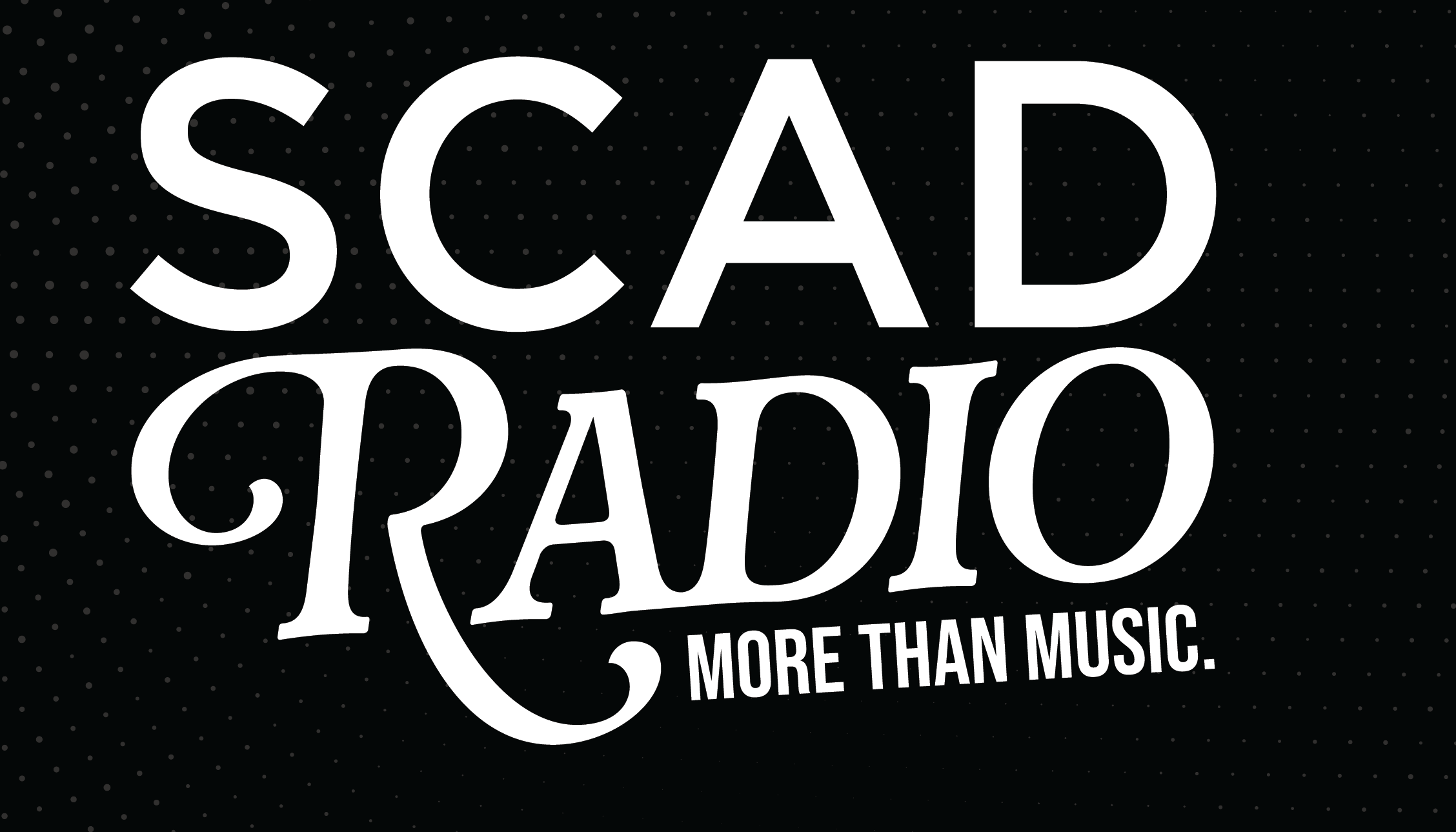Comedian and writer Bo Burnham made his directorial debut this past summer with an absolute knockout, delivering a film about the worst time in most adolescent lives: the eighth grade. Eighth Grade brutally dunks you into the world of Kayla Doyle on her last week of middle school.
Elsie Fisher, an actual eighth grader at the time, is a spectacular lead. In the opening scene we see a young girl awkwardly film a video for YouTube, exactly as you would expect from the average eighth grader. As highlighted by subtle details like vocal fillers and nervous habits, her role feels too real to watch sometimes. The ensemble cast supports Fisher beautifully– with performances from Josh Hamilton as her aloof, but lovable father and Olivia Robinson as a down-to-earth high school mentor. From scenes where Kayla yells at her dad for “looking weird” at her, to a conversation with her friend about Rick and Morty over McNuggets, Burnham’s writing places you perfectly in Kayla’s shoes as one of the most accurate portrayals of a time usually forgotten.
Despite the film’s ability to immerse you in the modern middle school experience, it has one aspect that seems to fall short: the soundtrack. Most of the film is supported by aggressive and abrasive synth music. The film’s score is done by Anna Meredith, a Scottish experimental composer, and her music seems better suited to an indie video game rather than a feature film. Her track “Nautilus” is one of the few tracks that stand out. The undulating synth suggests that of a heartbeat quickly climbing as Kayla braces herself to face her peers in a tense scene. The others, such as “Stay Calm” and “High School”, just feel distracting, and they have more of a resemblance to royalty free music than we’d like to admit. The music actively takes away from the immersive experience that the film tries so hard to create, which is a real shame–in portions where there is no score, the audience is much more enveloped in the middle school drama unfolding before them.
That being said, the sound design overall is fantastic. The scenes involving Kayla’s crush, Aiden, are extremely well done. His introduction features a sample of “Future Club” by Perturbator. This dramatic catwalk-esque theme follows him for various scenes throughout. Although cliché, it does a good job of reassuring the viewer that Aiden is in fact, all that to the protagonist. Another strength is in the use of silence. A prime example of this is in the infamous pool scene. Here Kayla is dropped into the worst thing imaginable for a tweenager–scattered throughout a backyard pool party are the prettiest and most popular kids in middle school. This brings all of Kayla’s insecurities to the forefront; she’s uncomfortable with not only her social standing, but also her body, and both of these are displayed out in the open. As she opens the door, the dramatic music cuts out as she surveys the scene. This hammers in the point that she feels like an absolute fish out of water. Silence is also used effectively in the scene directly following Kayla’s ride home from the mall with her new high school friends. The protagonist has an early taste of what is all too common for teenage girls–after an older boy tries to get Kayla to fool around, she storms into her room. As the door slams, the movie is silent as viewers let out a groan.
The day to day scenes in the school exhibit bubblegum popping, pencil chewing, and brace bands snapping. Real life isn’t supported by a soundtrack, so does Eighth Grade need to be?





